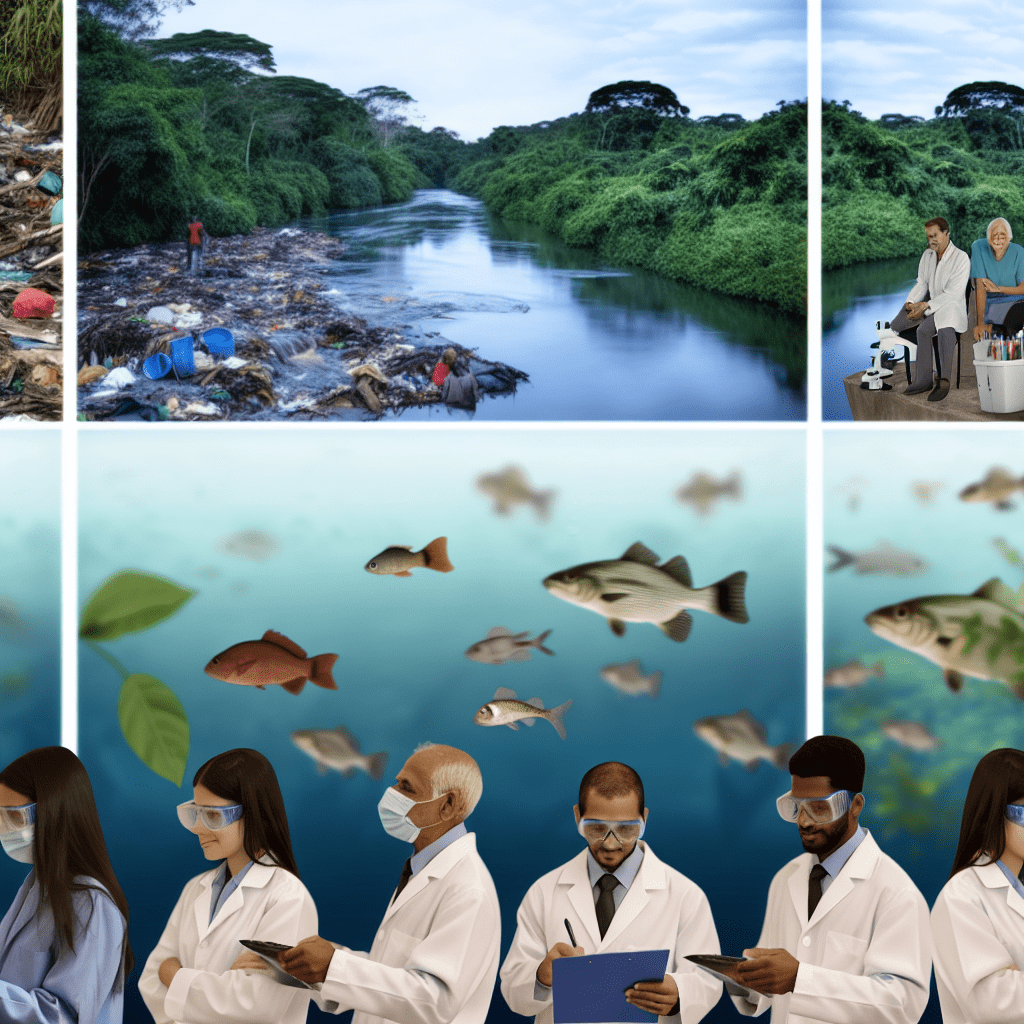”
Despite harboring the world’s largest river, the Amazon, and an extensive network of lakes and reservoirs, Brazil grapples with significant water quality issues. This article explores the main challenges surrounding Brazil’s water quality, their origins, and potential remedies for a brighter, cleaner future.
Brazil faces numerous water quality problems, primarily due to agricultural runoff, industrial pollution, inadequate sanitation, and the increasingly glaring effects of climate change.
Pollutants in Brazilian waters include heavy metals, pesticides, untreated sewage, and more. These contaminants pose severe health risks to its populace, disturb delicate ecosystems, and exert pressure on water treatment facilities.
Brazil’s government has taken active steps to combat these issues, including enforcing environmental laws and establishing the National Water Agency. However, translating policy into reality remains a significant challenge, and continuous efforts and adaptations are required.
Remedying Brazil’s water quality necessitates stricter regulations on industrial pollution, promoting sustainable farming practices, significant investment in advanced sanitation and water treatment infrastructure, and incorporating the impacts of climate change into water management strategies.
Further, public participation and awareness are vital. Educating citizens and businesses on the importance of clean water, pollution prevention, and water conservation can drive a powerful shift in societal and industrial behavior.
In conclusion, while Brazil’s journey towards better water quality may appear daunting, it’s not impossible. It requires an intricate blend of policy enforcement, technological innovation, strong public commitment, and, critically, the will to prioritize water as a key national issue. By doing so, Brazil can secure a future with clean, safe water for its extraordinarily diverse inhabitants.
By FountainGO!

